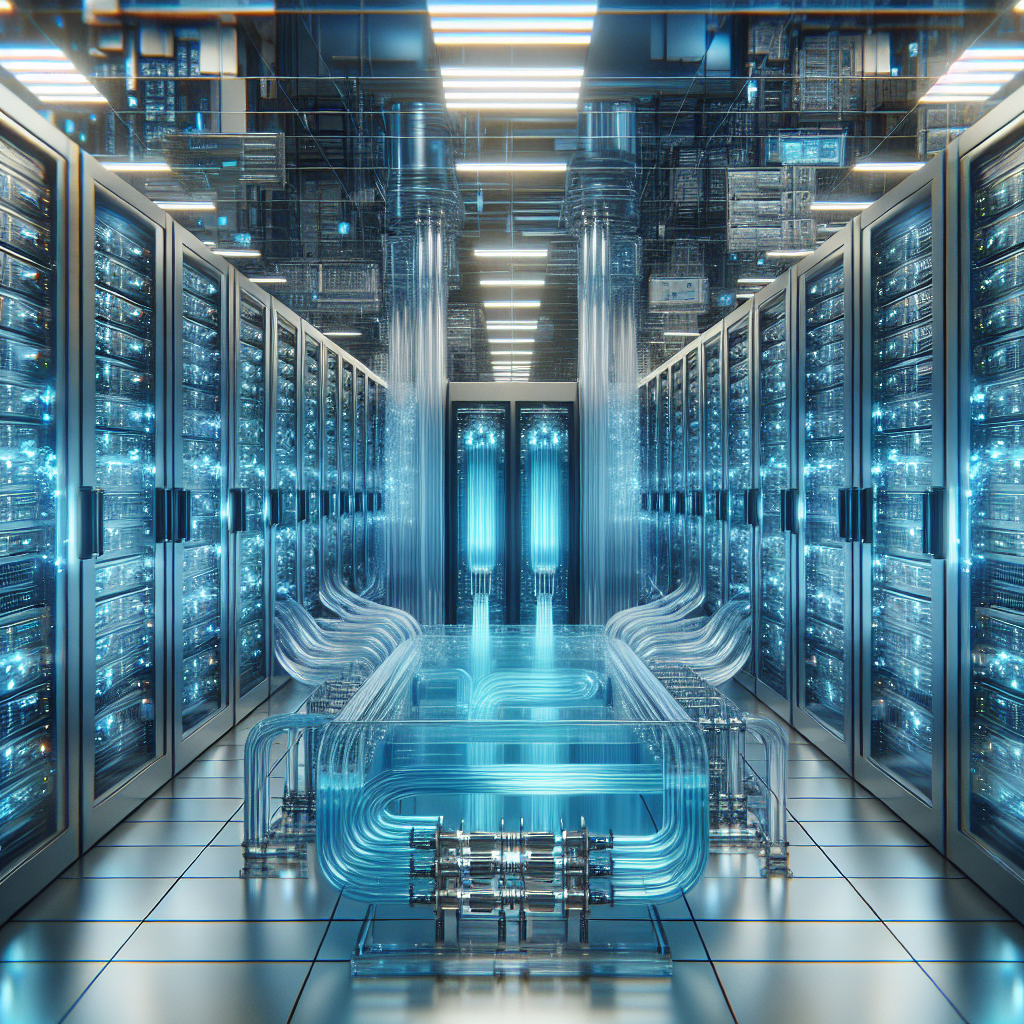The Future of Data Center Cooling: Advances in HVAC Technology
In recent years, the demand for data center cooling solutions has been on the rise as more and more businesses rely on data storage and processing. With the increasing amount of data being generated and stored, data centers are facing significant challenges in terms of cooling and energy efficiency. This has led to the development of advanced HVAC technologies that promise to revolutionize the way data centers are cooled in the future.
One of the key challenges faced by data centers is the amount of heat generated by the servers and other equipment. Traditional cooling systems, such as air conditioning units, are not always sufficient to keep up with the heat load, leading to increased energy consumption and operational costs. To address this issue, new cooling technologies are being developed that are more energy-efficient and environmentally friendly.
One of the most promising advancements in data center cooling is the use of liquid cooling systems. Liquid cooling involves circulating a coolant through the servers and other equipment to absorb heat and dissipate it more effectively than air cooling. This method can be much more efficient than traditional air cooling systems, leading to lower energy consumption and reduced operating costs.
Another innovative HVAC technology that is being developed for data center cooling is the use of evaporative cooling. This method involves using water to cool the air in the data center, which can be more energy-efficient than traditional air conditioning units. Evaporative cooling systems can also be combined with other cooling technologies, such as liquid cooling, to create a more efficient cooling solution for data centers.
In addition to these advancements in cooling technology, data centers are also exploring the use of renewable energy sources to power their cooling systems. Solar panels, wind turbines, and other renewable energy sources can help data centers reduce their carbon footprint and energy costs while ensuring reliable power for cooling systems.
Overall, the future of data center cooling looks promising with the development of advanced HVAC technologies that are more energy-efficient, environmentally friendly, and cost-effective. As data centers continue to grow in size and complexity, the need for innovative cooling solutions will only continue to increase. By investing in these cutting-edge technologies, data centers can ensure that they remain efficient, reliable, and sustainable for years to come.


